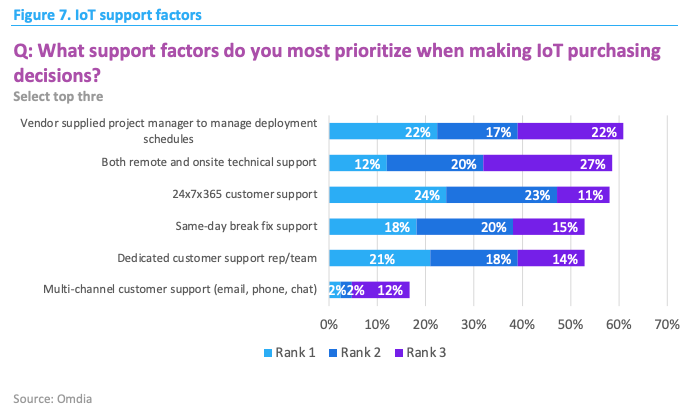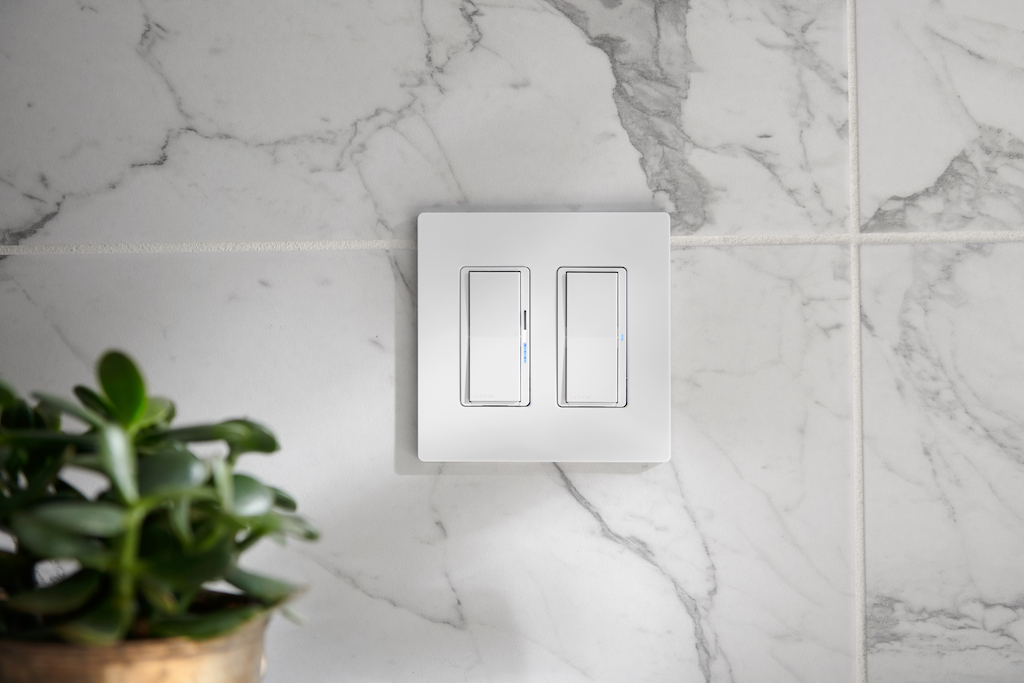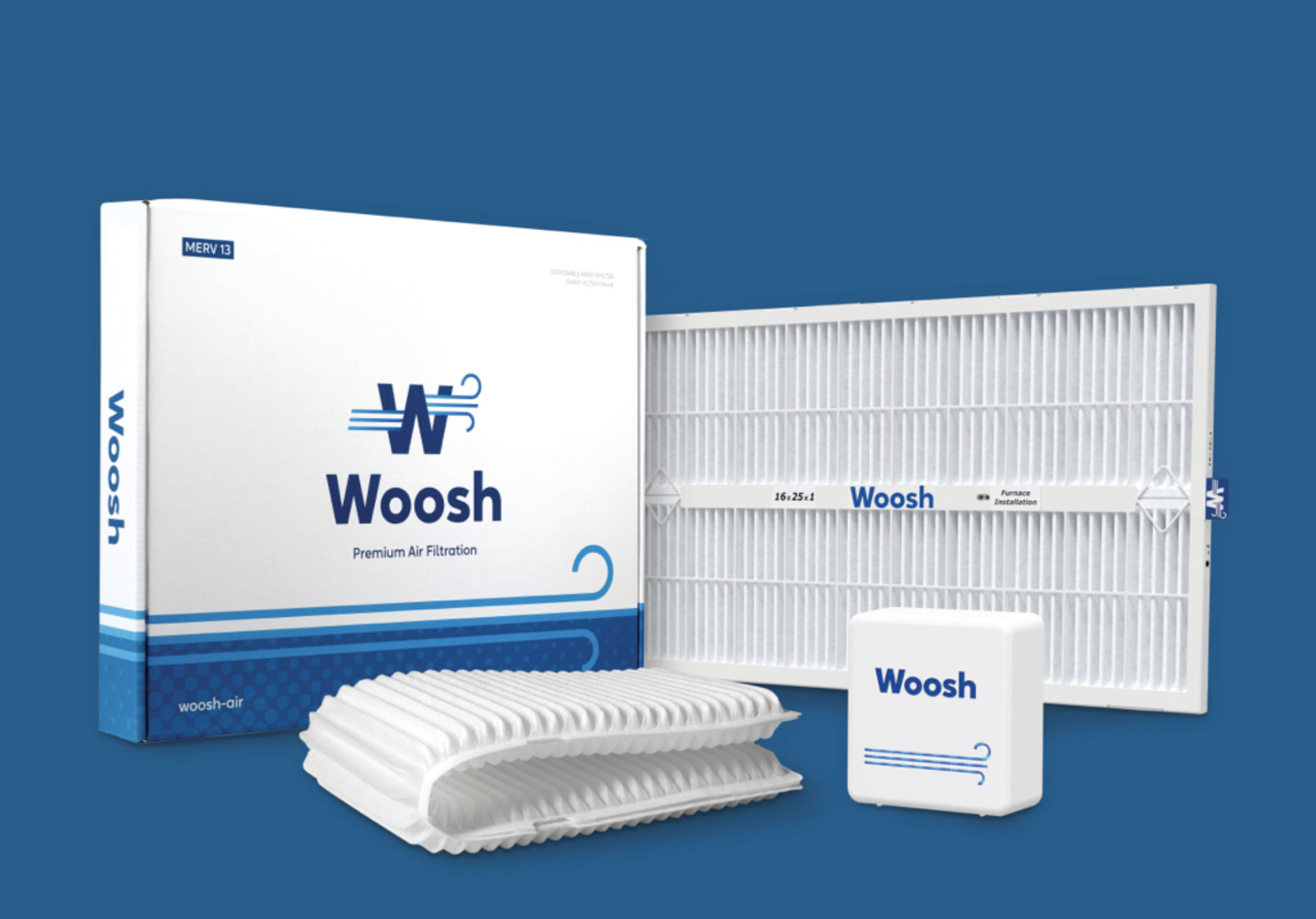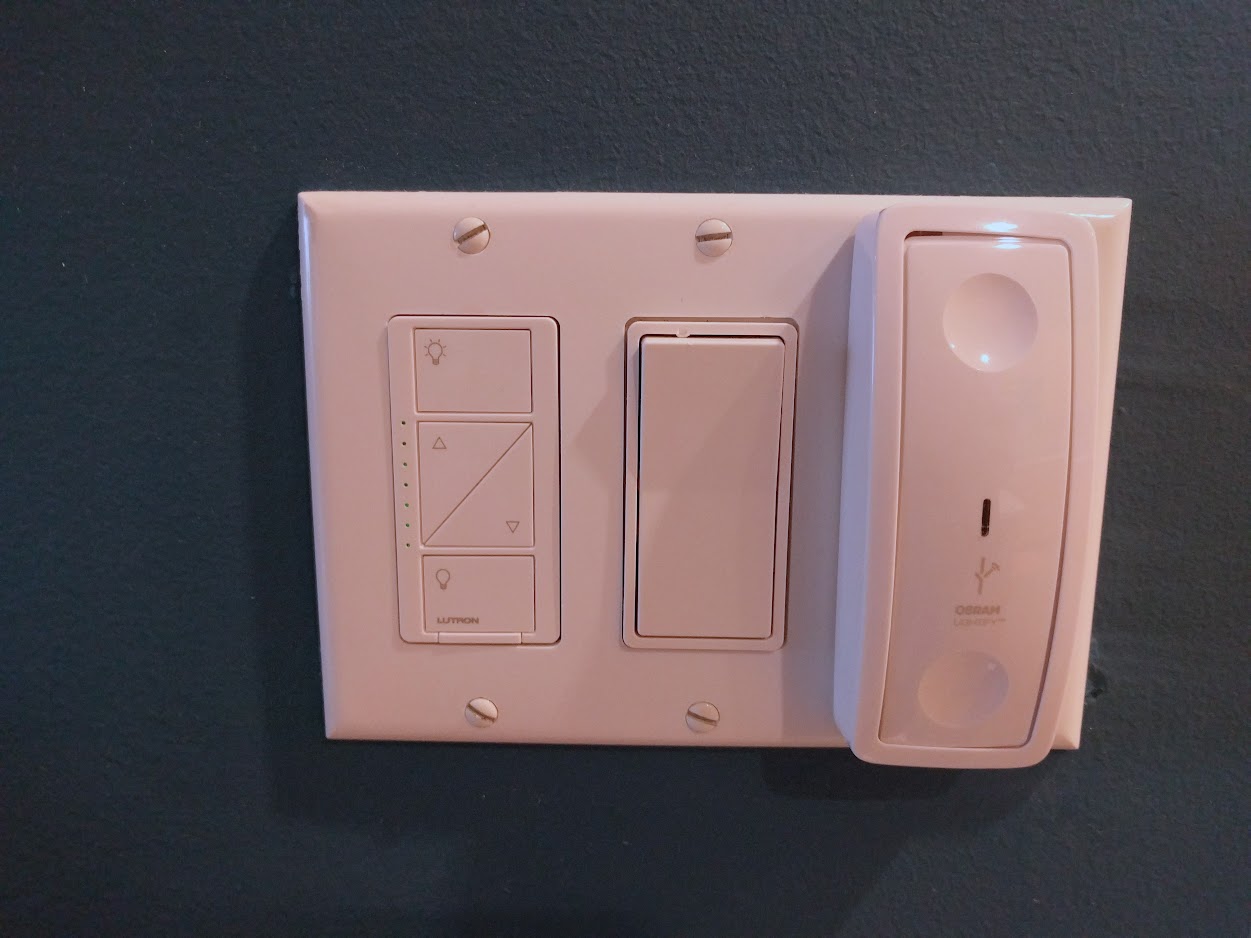This week’s show focuses on Amazon’s new devices and services launched Wednesday. Kevin and I talk about Amazon’s direction with Alexa as the manager of your life. We also gawp at the price iRobot is charging for its latest iteration of the Roomba robotic vacuum, although Kevin convinces me it’s not too crazy. Then we move into a discussion of the energy grid, sharing data from Itron on how utilities are thinking about the future electric grid, and how a partnership between Itron and Samsung SmartThings is an example of long-term thinking. Then I talk about the latest reporting from Forbes on Helium, and apologize for not being more wary about the chicanery that went on in the beginning by Helium’s executives. We then talk about my experience with the latest Yale lock. We end by answering a listener question about Ecobee thermostats that start heating or cooling before you intended.
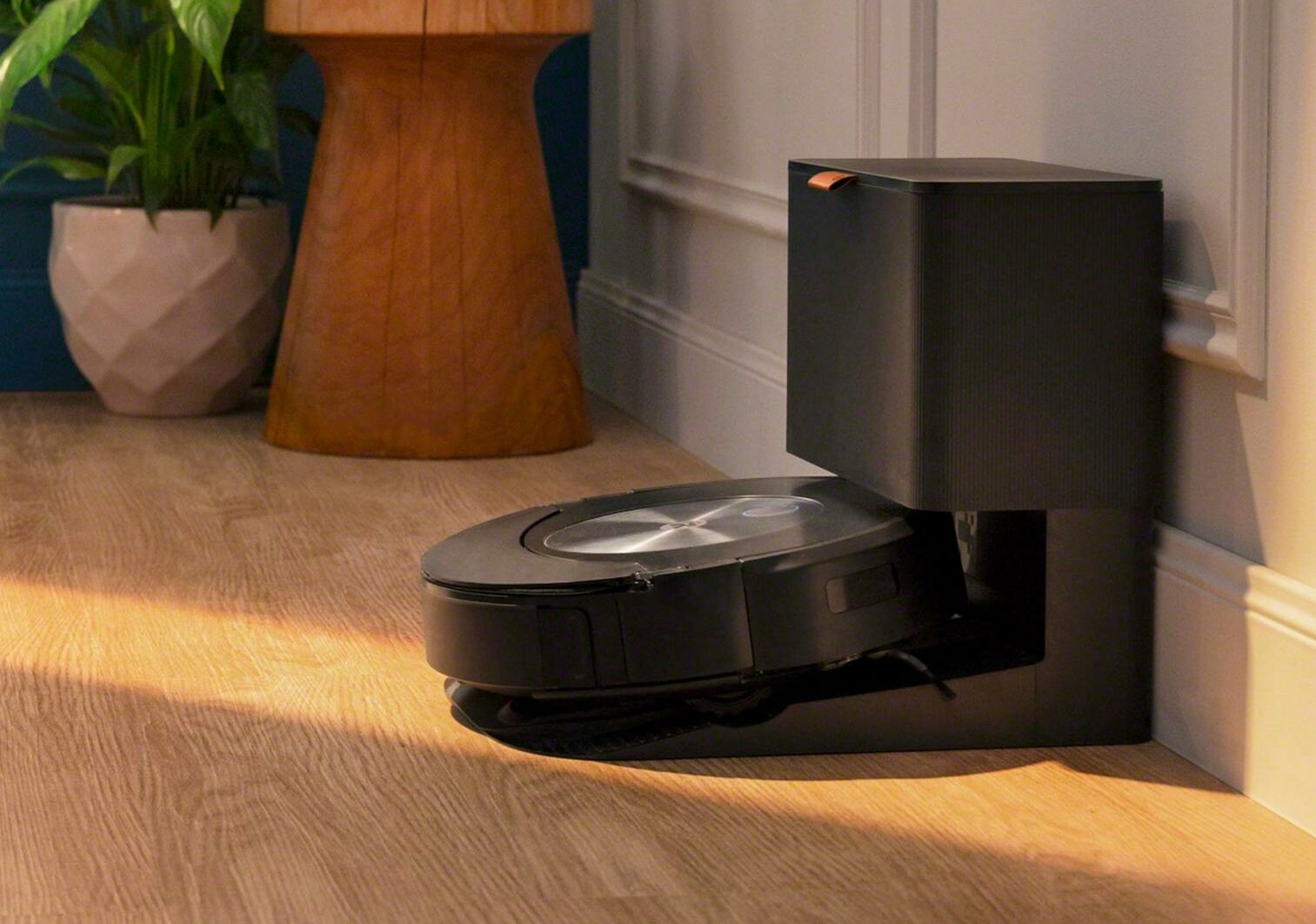
Our guest this week is Elizabeth Parks, president and CMO of Parks Associates, a research firm focused on emerging technologies. Parks discusses how COVID changed the home security market as well as how monitored security providers have moved downmarket while DIY security companies have expanded upward into offering monitored security. All of this jostling has expanded the overall market. We also talk about the coming demand for energy management services as well as trends in new home building. Expect more connected devices! We end with a quick overview of what to expect from the CEDIA Expo happening this week in Dallas. It’s a fun conversation.
Hosts: Stacey Higginbotham and Kevin Tofel
Guest: Elizabeth Parks of Parks Associates
Sponsors: Nordic Semiconductor and Firewalla
- Amazon’s home robot is really Alexa
- Why energy is becoming a hot topic in the smart home
- A mea culpa on Helium
- The security market is expanding thanks to the smart home
- What to expect from CEDIA
The post Episode 391: Amazon’s turning Alexa into the brains of the home appeared first on IoT Podcast - Internet of Things.
